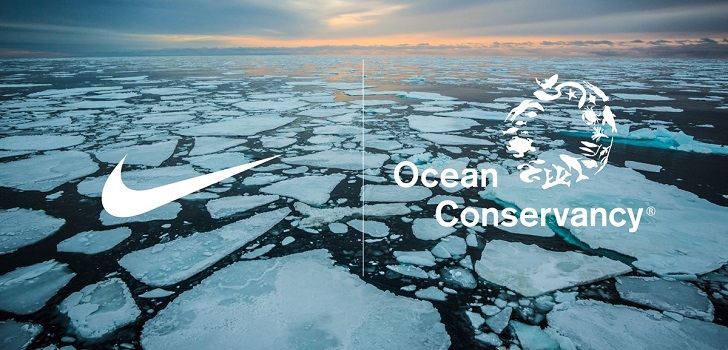 Look!
Look! Nike and Ocean Conservancy, against the melting of the Arctic
The American sportswear company and the environmental group have launched the Arctic Shipping Corporate Pledge in an effort to avoid ocean shipping routes with negative effects for the Arctic.

Nike and Ocean Conservancy unite to preserve the Arctic. The American sportswear company and the environmental group have announced the launch of the Arctic Shipping Corporate Pledge, which has also been signed by the fashion companies Bestseller, Columbia, Gap, H&M, Kering, Li & Fung and PVH Corp, and by ocean carriers CMA CGM, Evergreen, Hapag-Lloyd and Mediterranean Shipping Company.
Hilary Krane, executive vice president, chief administrative officer and general counsel of Nike, explained that actions should be taken towards the risk that the melting of the Arctic has for the whole environment. “The Arctic plays an essential role in regulating global temperatures and counteracting climate change, but, climate change is heating the Arctic at twice the rate of the rest of the planet,” said Krane.
The pledge aims to avoid using Arctic Ocean shipping routes to reduce polluting emissions
The pledge calls on businesses and industries to commit to not ship through Arctic Ocean routes and reduce the polluting emissions. The Northern Sea Route, also known as the Northeast Passage, is the main route that wants to be avoided. However, Russia is one of the countries that uses the route because it reduces the travel time for trade transport.
Even if the use of this route means cutting down travel time by 40% from the current route between Asia and Europe along the Suez Canal, carbon emissions would be significantly higher due to the need for smaller, less efficient vessels and increased fuel requirements.



